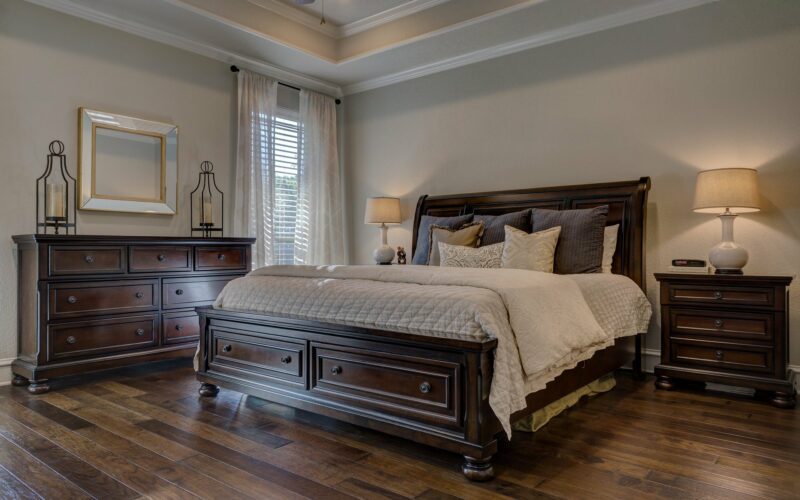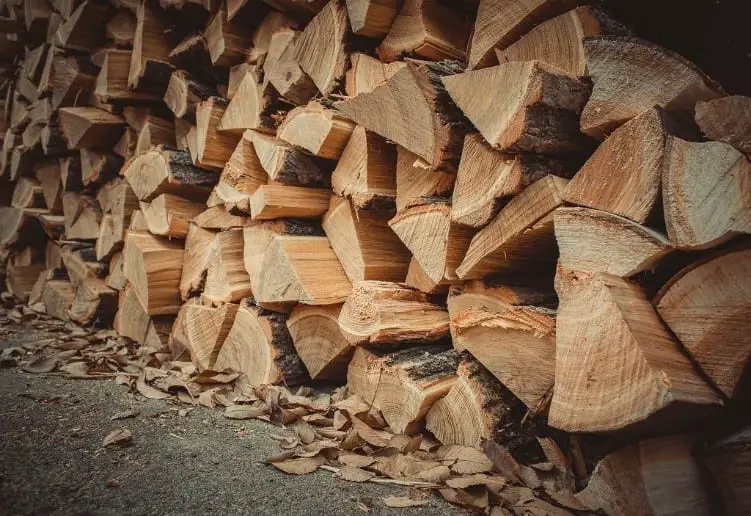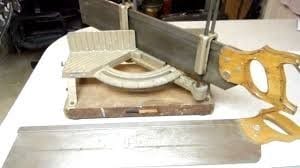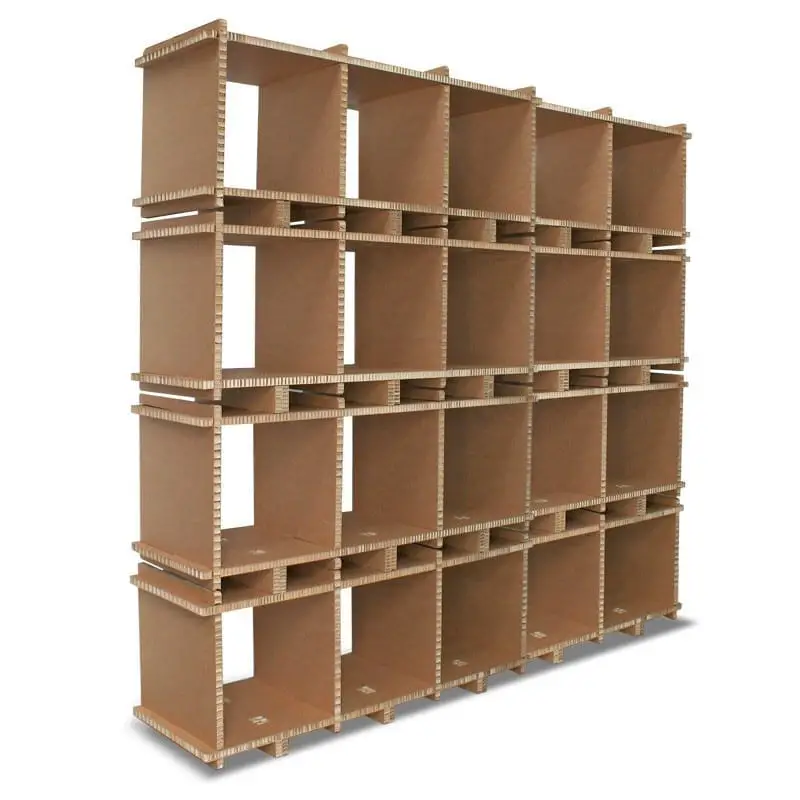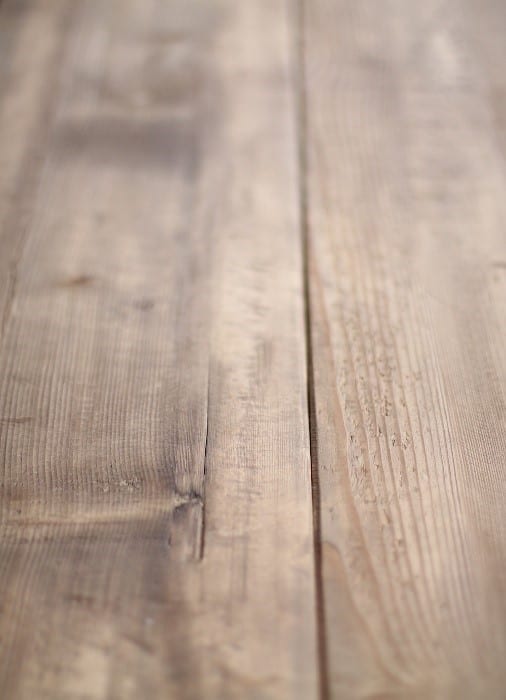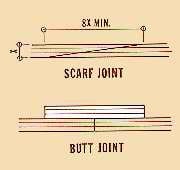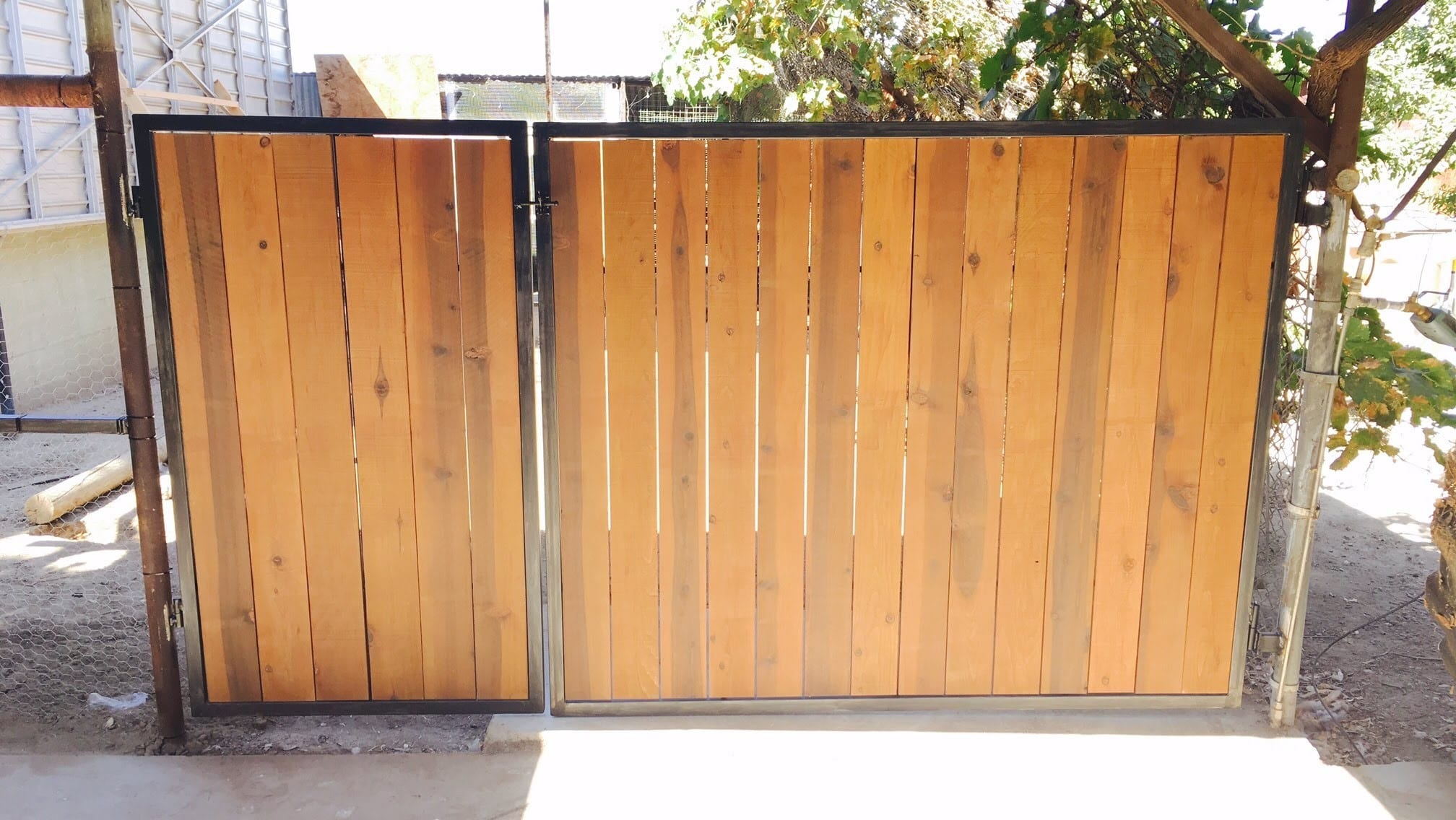A Look into the Use of Lysol on Wood
For homes having wooden floors and furniture, the use of water on these items is a matter that always evokes caution. There are many questions about using water and chemicals to clean these products.
An important question in this regard is about Lysol. Can you use Lysol on wood?
In this blog piece, we will look at the case of using Lysol on wood.
What is Lysol?

Lysol is a global brand of disinfectants and home-cleaning solutions. Recently, it was in the news after the outbreak of Covid-19. The demand for Lysol disinfectants in the US grew so much that they vanished from the stores for a while. These disinfectants claim to kill 99.99% of viruses and bacteria on contact.
Amid the Covid-19 scare, this was a significant claim. People thronged to the nearby stores to buy as much Lysol as they could to disinfectant all suspect surfaces in their homes, offices, and public spaces. Lysol disinfectants were also used for disinfecting hands after a visit outside.
Lysol products are available in liquid, sprays, and wipes. They are also available in all-purpose formats. However, they don’t seem to have a Lysol, especially for wooden products. This leaves us with an important question — can you use Lysol on wood?
Since Lysol is a liquid and disinfectant, people also use it for cleaning different surfaces, particularly after diluting it in water. So, can we use Lysol with some water in it to clean wooden surfaces?
Where is the Problem?

An average home may have wooden furniture and wooden floors. Wood is an expensive material and the cost of finishing and designing to get the final product significantly adds up to the cost.
This makes wood one of the expensive materials used in homes. Proper care and maintenance can alone guarantee longer life for these items.
We all know water is not a great companion of wood. Rather, we can safely say it’s an enemy. We must keep the wood safe from water to ensure it does not lead to the rotting or decay of the wood.
Can you use Lysol on wood now and then disinfect them? The safety guidelines for Covid-19 tell us that we should use the disinfectants liberally on surfaces that we often touch. Both wooden furniture and wooden floors qualify to be sprayed down with disinfectants regularly — multiple times a day. Will this affect the health of the wooden materials at homes? Or can we use Lysol on wood as much as we wish without anything to worry about?
Lysol on Wood with Water Resistance Finish

When you are using Lysol on wood, it is important to consider what kind of wood it is. Since wood is expensive and increasingly scarce, many technologically aided varieties of woods are available on the market. Wood Laminate and Wood with Water Resistance Finish are some of the popular varieties.
Even real wood items are given protective coatings and paint to increase their lifespan.
Now, what kind of wood is it that receives the Lysol spray or cleaning? If it is the Laminate or Water-Resistance version, a mild treatment of Lysol spray every now or then may not affect their quality. These wood types are engineered to withstand a little amount of water.
Woods with oil, semi-gloss, gloss, wax, and enamel finish are also expected to be water-resistant. They will withstand a few sprays of Lysol or wipes by a damp cleaning rag.
But here, too, moderation is the key.
Lysol on Real Wood
If it is real wood, you can use Lysol spray to disinfect its surface — but only occasionally. You may also use a diluted form of Lysol to clean its surface — but that again only occasionally.
These instances of water coming in contact with the wood should be minimal.
By no means, you can spray the real wood with Lysol 5 times a day! In the same vein, you should not use diluted Lysol to clean real wood items every day. Even a very little amount of water, soaked by the wood every day, can mean some damage to it.
Over time, the harm to the wood could be substantive and you may have to go for repairs sooner than you had expected.
All-Purpose Cleaner
Lysol has an All-Purpose Cleaner that you can use on antique and old wood pieces almost every day. But you should use it sparingly with ordinary woods and wooden floors.
Hardwood Floors: Porous and Non-Porous
There are at least 2 varieties of wooden floors relevant to our discussion — porous and non-porous. Porous floors such as real wood floors will soak moisture and this is not good for their health. Non-porous floors are made of wood but their finish includes a sealing to protect them from moisture.
Popular floor cleaners including those from Lysol can be used to clean non-porous hardwood floors or polished wood floors. Lysol claims you can use All-Purpose Cleaner for cleaning or disinfecting your hardwood floor without any damage to the wood.
The company says you can also use Lysol Clean & Fresh Multi-surface Cleaner for non-porous hardwood surfaces. This has got some fresh scents as well.
However, it says you should use the Multi-surface Cleaner on the wood only for 1 to 6 minutes depending on whether you are sanitizing or cleaning.
How to Clean and Sanitize Wooden Items
We have discussed various dimensions of using Lysol on wood for cleaning and sanitization. So far, we haven’t found a clear answer to our central question — can you use Lysol on wood? But we certainly understand the subject at hand better now. We understand we can’t go on using Lysol mindlessly on the wood without consequences.
Wood experts seem to suggest a homemade cleaner to clean and sanitize wooden items and floors at homes and offices. For cleaning these items, a vacuum is widely used. The problem, perhaps, lies with sanitization and removing stains from the wooden surfaces.
They suggest using distilled white vinegar with water. The solution should be applied in moderation. Initially, you should try just ½ cup of white vinegar for every gallon of water. Use this solution with the help of a mop or cloth where you soak the cloth in the solution and then wrung out all the liquid. Use only the damp cloth to clean the wood surface.
If you are using this method to clean the floor, you should first sweep or vacuum the floors.
Homemade Cleaner
You can use the same concoction in a slightly stronger form to disinfect as well as clean your wooden surfaces. Wood experts believe this solution is safe for any kind of wood or wood finish.
The only new addition to the previous solution of white vinegar and water is a few drops of dish soap. This will help clean the wood surfaces of any stain.
This Homemade Cleaner can be made by mixing 1 cup of white vinegar, 2 cups of water, and 5 drops of dish soap. All these materials can be poured into a spray bottle. Vinegar acts as a disinfectant.
How to Clean
You should spray this solution on wooden surfaces and wipe it off with a damp cloth until the surfaces are clean to your satisfaction. Once they are clean, you can wipe the moisture off with a dry cloth.
Can you use Lysol on wood? Well, we have already answered this question in great detail. Now, we can ask if we need Lysol to clean the wood surfaces at our homes or offices. Or, can we use Homemade Cleaner?
Can you use Lysol on wood?
So, let’s try to answer the central question of this blog post. Can you use Lysol on wood? Lysol is safe for finished wooden surfaces. However, you should use Lysol products on wood with a little care and caution. You should also read user reviews before making your decision.
Lysol sanitizing and cleaning liquids, sprays, and wipes are good for most surfaces such as desks, tables, windows, countertops, and mirrors. However, the same may not hold for wooden products. So, do a bit of experiment by using Lysol on an innocuous surface of your furniture. If there is unwanted fallout, you could see while the affected portion remains out of the view of others.
Final Thoughts
Lysol is a popular disinfectant and cleaner used in millions of homes and offices worldwide. It has gained more prominence as a disinfectant during the current pandemic. However, using Lysol products on wood falls in the grey area where we don’t know whether it’s right or wrong.
As regards the safety of wood against water, moisture, and strong chemicals, you need to check the kind of wood you use Lysol on. Many types of wood and wooden products come with water-resistant properties. Using Lysol on these woods can be alright.
However, the case of Homemade Cleaners that can be used on any wood surfaces is also compelling. Give it a chance, too.
